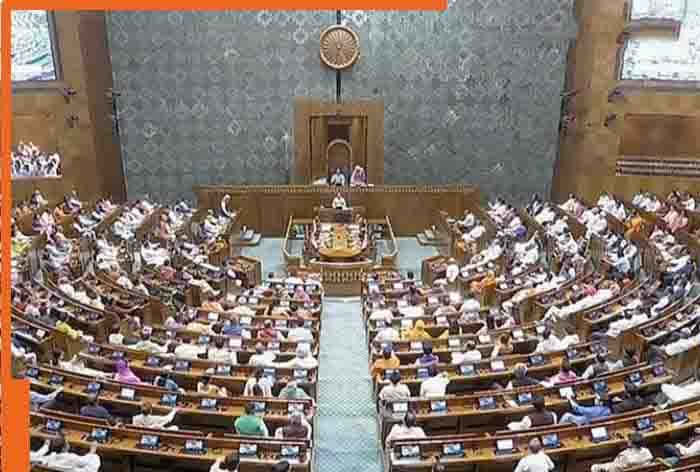
New Delhi: The Joint Parliamentary Committee (JPC) presented its report on the controversial Waqf Amendment Bill, 2024, in Parliament on Thursday, but the proceedings were temporarily halted due to strong protests from opposition members. Despite the disruption, the bill was accepted, with BJP leader Medha Vishram Kulkarni, a committee member, formally presenting the report. The JPC, after traveling across the country to gather feedback, proposed 25 amendments across 14 clauses.
The report also includes objections raised by opposition members who were part of the committee. JPC Chairperson Jagdambika Pal explained that some members felt their views had not been adequately addressed, so they were allowed to submit dissenting notes, which were included in the report’s appendix. Additionally, records of stakeholder discussions were also included in the report.
Opposition Claims Dissent Notes Were Deleted
Opposition MPs, led by Leader of Opposition Mallikarjun Kharge, alleged that their dissent notes were removed from the report. However, Union Parliamentary Affairs Minister Kiren Rijiju rejected these claims, asserting that the allegations were false. He stated that no dissent notes had been deleted and that all proceedings had been conducted according to the rules.
Rijiju addressed the issue in the Rajya Sabha, stating, “I have checked the concerns raised by the Opposition. There is no deletion or removal from the report. Everything is on the floor of the House. The members of the Opposition are creating an unnecessary issue, which is not a fact. The allegation is false. The JPC conducted the entire proceedings as per the rules. All the Opposition members of the JPC participated in all the proceedings in the last six months. All the dissent notes are attached in the Appendix of the report. They cannot mislead the House.”
Timeline of Events
The report was submitted to Lok Sabha Speaker Om Birla on January 30, 2025. A day earlier, on January 29, the JPC had approved the revised bill and the draft report. However, opposition leaders officially recorded their disagreement with the findings, further fueling the ongoing tension surrounding the bill’s amendments.

 Share
Share



